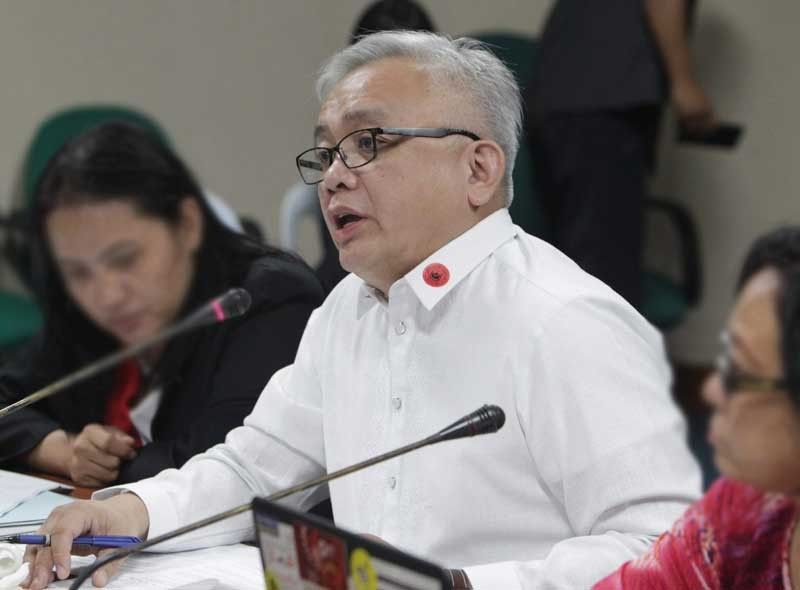National Privacy Commission to PNP: Explain spying on ACT

MANILA, Philippines — The National Privacy Commission (NPC) will ask the Philippine National Police (PNP) to explain the profiling conducted on members of the Alliance of Concerned Teachers (ACT).
Privacy commissioner Raymund Liboro said officials of the PNP Data Protection Unit should explain the reported intelligence gathering operations on teachers belonging to the militant ACT, which is affiliated with the left-leaning group Bagong Alyansang Makaban that authorities alleged is a front organization of the Communist Party of the Philippines.
“We had conducted Data Privacy Act briefings with the PNP before, together with their data protection unit. We will be contacting them,” he told The STAR.
Liboro earlier said that the collection and processing of personal data by law enforcement agencies have limits.
“The Data Privacy Act recognizes the importance of public order and safety, and that processing of personal information is important for law enforcement purposes. This, however, is not without limits,” he said.
“The processing of personal data, especially those of sensitive nature, should only be to the extent necessary for the purpose. This means collection should always be consistent with full respect of human rights and the Constitution, particularly the right to information privacy,” the NPC chief said.
Under the law, a person’s philosophical or political affiliation is considered sensitive personal information, the processing of which is strictly guided by specific conditions.
The PNP, through leaked memos from various intelligence units, was discovered to have been gathering a list of members of ACT.
Refer requests to head office
The Department of Education yesterday said it would issue a reminder to school officials to refer to the central office any request on information covered by the Data Privacy Act.
“Requests for personal information will have to be evaluated by our central office and we are going to reiterate that to our officials down the line,” Education Secretary Leonor Briones said.
“We are going to issue a memorandum to all our people to remind them of the policy because this is not the only time that happened. With Data Privacy Act, you have to be much more sensitive in giving away information that may cause damage,” she added.
Briones said she met with Interior Secretary Eduardo Año on Tuesday to explain their position that requests will have to be evaluated by the central office.
Education Undersecretary Nepomuceno Malaluan, who met with ACT leaders, said requests for data will be evaluated on a case-to-case basis, noting that the law neither absolutely prohibits nor allows data or information sharing.
He said no official request for the list of ACT members has been filed at the central office, but noted reports of police officials conducting school visits to request such information.
“It appears that there are requests being made directly at our field units such as schools. We will be issuing a reminder or a directive to all our units that for inter-agency requests that may involve sensitive personal information, such requests need to be referred to the central office,” Malaluan said.
“We are not prohibiting such requests. What we are saying is that they should be referred to the central office for evaluation if the requests possibly will involve the possible data transfer of sensitive personal information,” he said.
Discriminatory
The Commission on Human Rights (CHR) said the PNP must acknowledge that the mere act of profiling prejudices and discriminates ACT members, noting a violation of the basic right to equal protection of the law.
CHR spokesperson Jacqueline de Guia said the move also infringes on the rights to privacy and association of the teachers.
“Given the climate of harassment and threats against progressive and vocal groups, this move already raises doubts and fears, considering that the PNP has not been transparent in doing the profiling and they gave no solid justification or legitimate aim for such operation,” she said.
“Further, there is a risk that the list can be utilized to repress legitimate concerns or to silence criticisms or opponents,” she added.
De Guia urged the PNP to do away with profiling and other similar methods, saying the police can start the year right by ensuring that no method and operation will compromise the basic freedoms of any individual or group. – With Helen Flores
- Latest
- Trending































